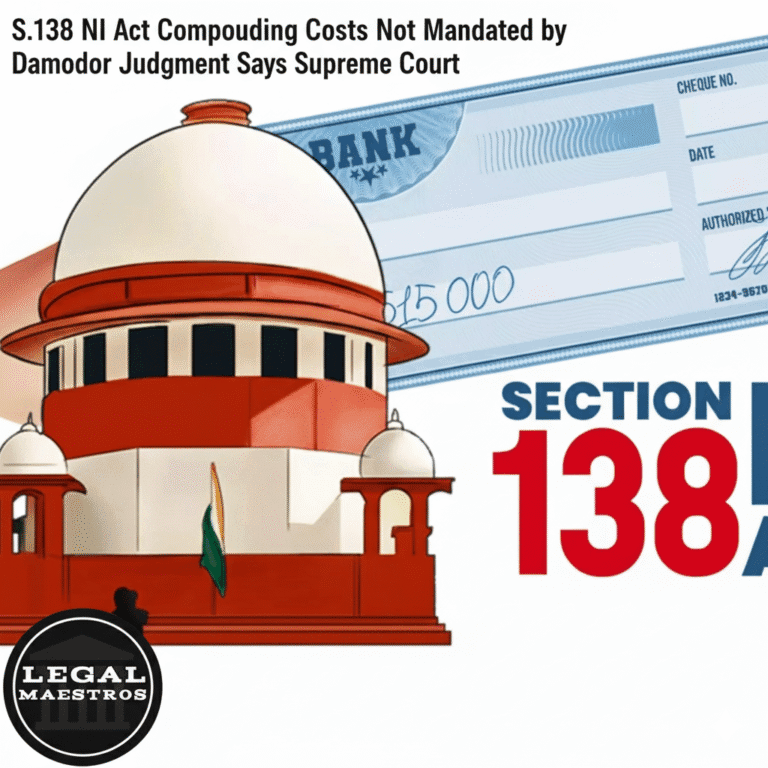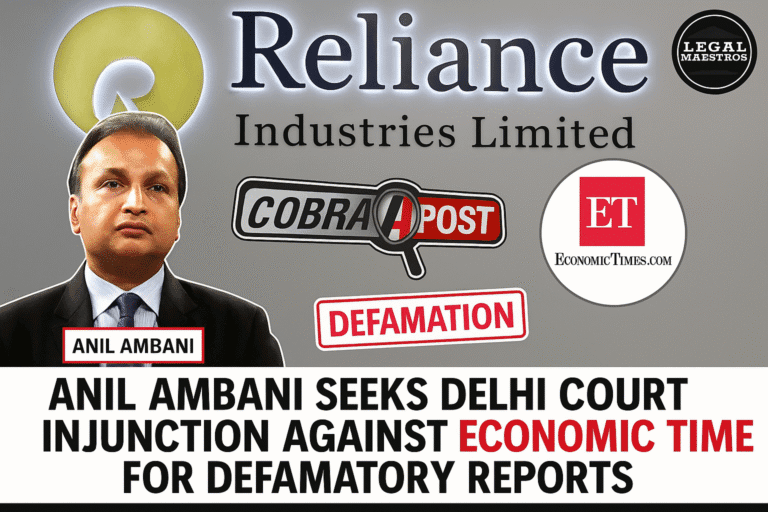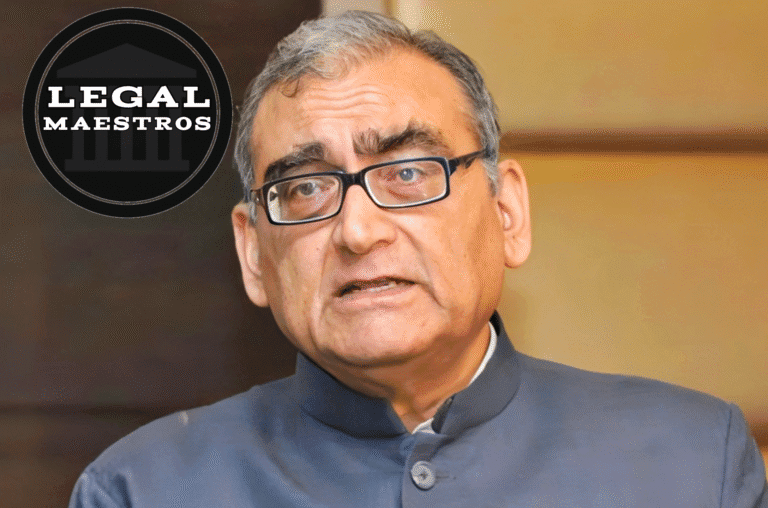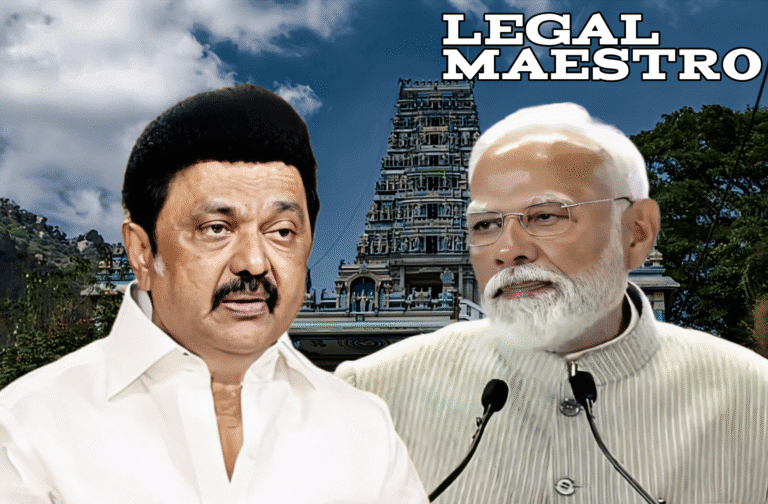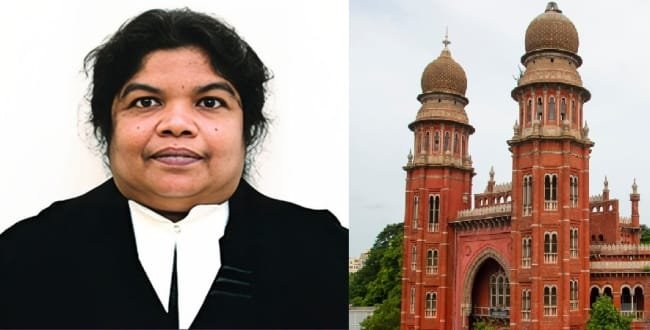
BJP MP’s Derogatory Remarks on Sofiya Qureshi: Legal Consequences Under Bharatiya Nyaya Sanhita, 2023
In the beginning
Kunwar Vijay Shah, a minister in Madhya Pradesh and a leader of the Bharatiya Janata Party (BJP), made some insulting remarks about Colonel Sofiya Qureshi in the middle of May 2025. These remarks caused a commotion. Shah made the remark that Qureshi was the “sister of terrorists” during a public gathering that took place close to Indore. This remark swiftly traveled across the internet and sparked significant indignation. Quick action was taken by both the High Court and the Supreme Court of India, and a First Information Report (FIR) was filed against Shah in accordance with the Bharatiya Nyaya Sanhita, 2023. At the same time that this occurrence brings to light the new legal landscape for speech-related offences in India, it also emphasizes the gravity with which disparaging and communal remarks are punished under the revised criminal code.
An Overview of the Controversy’s History
Sofiya Qureshi, a decorated officer who had held a media briefing on Operation Sindoor, received widespread appreciation for her daring and professionalism. She had led the meeting. Vijay Shah, the minister, was delivering his remarks on May 13, 2025, as he was addressing a gathering that was taking place in a village close to Ramkund. His statements, which were delivered in a community setting and using language that was considered to be vulgar, were quickly met with censure by the National Commission for Women, the media, and bar groups. The First Information Report (FIR) that was submitted against Shah was deemed “weak” and “gross subterfuge” by the Madhya Pradesh High Court within a matter of days, indicating that the court intends to personally supervise the inquiry. A reprimand was also issued to Shah by the Supreme Court, which cautioned that public officials should select their words with caution and with respect for the dignity of the nation.
For More Updates & Regular Notes Join Our Whats App Group (https://chat.whatsapp.com/DkucckgAEJbCtXwXr2yIt0) and Telegram Group ( https://t.me/legalmaestroeducators )
For any queries or to publish an article or post or advertisement on our platform, do call at +91 6377460764 or email us at contact@legalmaestros.com.
Under the Bharatiya Nyaya Sanhita, the Legal Framework for the Year 2023
The Bharatiya Nyaya Sanhita (BNS), which took the place of the Indian Penal Code on July 1, 2024, is an attempt to update and clarify offenses that are associated with public order and individual rights. Provisions that deal with statements or actions that threaten national unity, foster hatred among groups, or harm the sovereignty and integrity of India are included in its chapters that cover offenses against the state and public tranquility. These chapters’ chapters address the issue of public tranquility. Section 152, Section 196(1)(b), and Section 197(1)(c) of the BNS were the exact sections that were cited in the First Information Report (FIR) that was filed against Vijay Shah. Taking all of these offenses into consideration, they are considered cognizable and non-bailable crimes, and the penalty for them can range from years in prison to life terms, depending on the severity of the misconduct.
The offense against sovereignty and integrity is outlined in Section 152.
You may find Section 152 of the BNS in Chapter VII, which is the section that deals with offenses committed against the state. Within the scope of this Article, any action that threatens the sovereignty, unity, or integrity of India is specifically targeted. Despite the fact that Section 152 was first drafted to address incitement to secession or revolt, it now has a broader reach that empowers authorities to take action against comments or writings that have the potential to inflame community feelings in a manner that could jeopardize national solidarity. In the case of Vijay Shah, his statement that Colonel Qureshi was associated with terrorist elements was interpreted as a direct assault on the integrity of the armed forces and, thus, as a threat to the unity of the nation. Through the use of Section 152, the First Information Report (FIR) emphasizes that communalized speech directed against members of the military or any community might be considered a significant offense against the state which is itself.
Promoting Enmity Between Groups is the subject of Section 196(1)(b).
Section 196 of the BNS particularly prohibits the promotion of animosity between various groups on the basis of religion, race, place of birth, domicile, language, or any other comparable characteristic. Chapter XI of the BNS addresses offenses that are committed against public tranquility. Acts that are committed with the intention of inciting enmity or hostility amongst communities are included in the scope of subsection (1)(b). The comments made by Vijay Shah, which were made in a public situation that was fraught with tension, were taken as an attempt to undermine and marginalize a Muslim officer by associating her with terrorist activities. It is clear that utterances of this nature fall clearly within the purview of Section 196(1)(b), which carries a potential penalty of up to three years in prison, a fine, or both. The legislative purpose to discourage community conflict by characterizing this conduct as a serious breach of public order is reflected in the fact that parole is not available for those who commit this offense.
For any queries or to publish an article or post or advertisement on our platform, do call at +91 6377460764 or email us at contact@legalmaestros.com.
Imputations that are detrimental to national integration are covered by Section 197(1)(c).
Imputations or statements that pose a threat to national integration are addressed in Section 197 of Chapter XI, which is also included above. In this section, paragraph (1)(c) refers to statements that are either untrue or insulting and that suggest that a certain group of people, due to the fact that they belong to a particular faith or community, are unable to defend the sovereignty and integrity of India. Vijay Shah made an imputation that damaged Colonel Qureshi’s devotion to the nation when he labeled her as having affiliations with terrorist organizations. An claim of this nature is regarded as detrimental to the process of national integration since it raises questions about the loyalty of an entire community within the nation. The severity with which the legislature views attacks on the unity of the nation through defamatory group-based allegations is reflected in the fact that Section 197(1)(c) is not subject to bail and can be cognizable.
The First Information Report and the Judicial Response
After receiving an order from the High Court on May 14, 2025, the Madhya Pradesh police department filed a First Information Report (FIR) against Vijay Shah at 11:10 p.m., narrowly meeting the time set by the court. The charges were classified as non-bailable and cognizable offences, according to the complaint, which cited sections 152, 196(1)(b), and 197(1)(c) of the BNS. The courts continued its proceedings despite Shah’s public apologies, in which he initially claimed that he had misquoted someone and eventually expressed regret. Shah was reprimanded by the Supreme Court for using reckless language against a serving officer, while the High Court condemned the initial draft of the FIR as being insufficient and ordered a more rigorous probe. The dedication of the system to protecting the rule of law and combating the exploitation of public speech to promote discord is highlighted by these judicial interventions.
Possible Consequences for Political Expression
The case against Vijay Shah should serve as a lesson to public individuals whose statements carry weight in society about the consequences of their actions. With the implementation of the BNS, the boundaries of what constitutes permissible political discourse have been honed, and there are now clear sanctions for speech that threatens the unity of the nation or targets people on the basis of their communal affiliation. When comments cross the line into hate speech, defamation of organizations, or threats to the integrity of the state, the BNS rules demonstrate that freedom of expression is not an absolute right, despite the fact that it continues to be a principle guaranteed by the Constitution. This means that elected representatives and public officials have a greater responsibility to exhibit increased caution, striking a balance between vigorous debate and the legal obligation to refrain from using speech that is inflammatory or disparaging.
For any queries or to publish an article or post or advertisement on our platform, do call at +91 6377460764 or email us at contact@legalmaestros.com.
Final Thoughts
A swift legal and judicial backlash was sparked as a result of the insulting remarks made by BJP minister Kunwar Vijay Shah against Colonel Sofiya Qureshi. These remarks were made in accordance with the Bharatiya Nyaya Sanhita, 2023. The authorities brought attention to the serious nature of communalized and defamatory speech by invoking Sections 152, 196(1)(b), and 197(1)(c). This speech poses a threat to national security, public tranquility, and integration. The First Information Report (FIR) and the subsequent judicial inspection both serve to convey the message that political speech is associated with significant obligations and that the new criminal code will not hesitate to penalize instances of transgression. As India continues to negotiate the issues of diversity and democracy, the Qureshi case stands as a landmark in terms of defining the boundaries of what constitutes acceptable public debate and protecting the dignity of its individuals and institutions.


